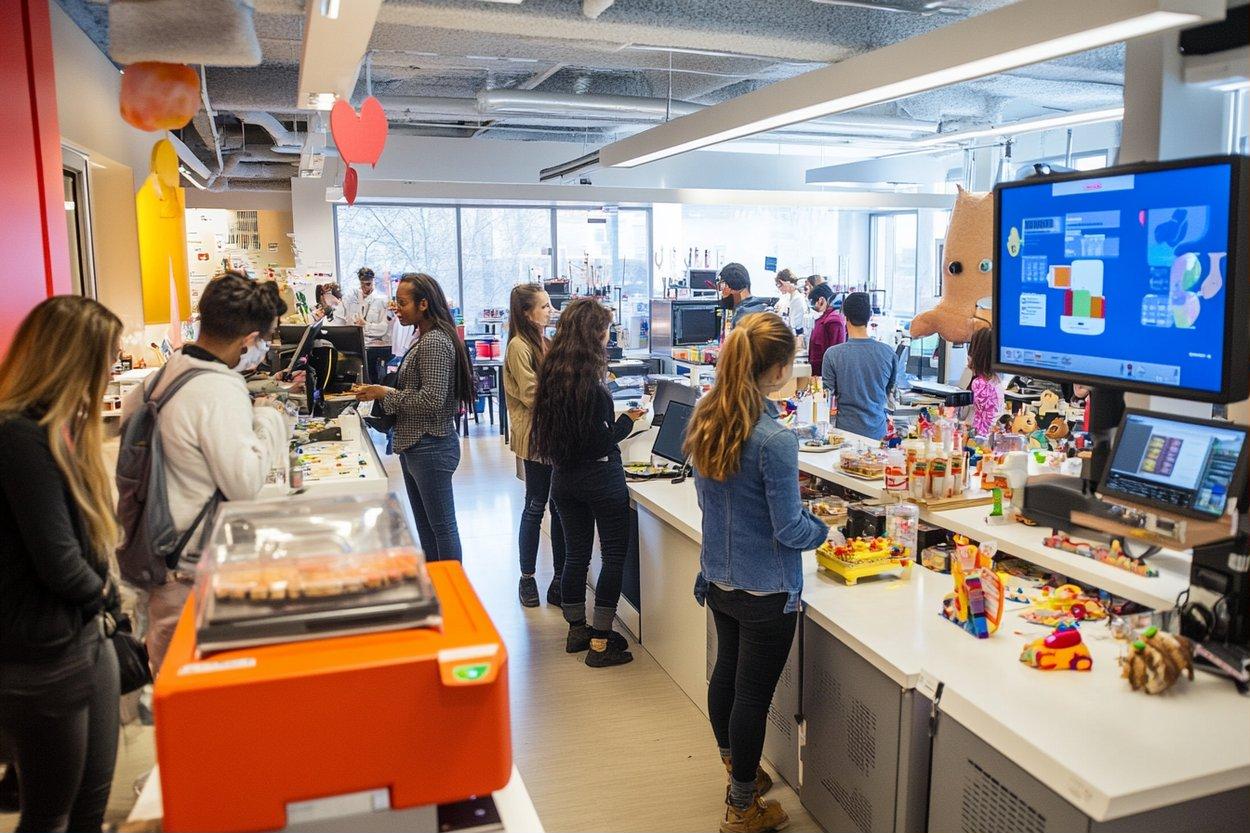Mechanical Engineer Training: Preparing for a Dynamic Career in Engineering
Mechanical engineering is a diverse and dynamic field that encompasses the design, manufacturing, and maintenance of mechanical systems. As industries continue to evolve and embrace new technologies, the demand for skilled mechanical engineers remains high. This article explores the various aspects of mechanical engineer training, from educational requirements to practical skills development, providing insights into how aspiring engineers can prepare for a successful career in this exciting field.

During their undergraduate studies, students engage in theoretical coursework and hands-on laboratory experiments, gaining practical experience with engineering principles and problem-solving techniques. Some programs also incorporate internships or cooperative education experiences, allowing students to apply their knowledge in real-world settings and develop professional connections.
How do mechanical engineering programs prepare students for the workforce?
Mechanical engineering programs are designed to equip students with a diverse skill set that prepares them for the challenges of the modern workplace. In addition to technical knowledge, these programs focus on developing critical thinking, communication, and teamwork skills essential for success in any engineering role.
Many universities offer project-based learning experiences, where students work in teams to design and build functional prototypes. These projects simulate real-world engineering challenges and help students develop project management, collaboration, and problem-solving skills. Additionally, some programs incorporate industry-standard software and tools, ensuring that graduates are familiar with the technologies they’ll encounter in their future careers.
What additional training opportunities exist for mechanical engineers?
While a bachelor’s degree provides a solid foundation, many mechanical engineers pursue additional training to enhance their skills and advance their careers. Graduate programs, such as master’s degrees or Ph.D.s in mechanical engineering, offer opportunities for specialized research and advanced study in specific areas of interest.
Professional certifications, such as those offered by the American Society of Mechanical Engineers (ASME) or the National Council of Examiners for Engineering and Surveying (NCEES), can demonstrate expertise in particular areas of mechanical engineering. These certifications often require a combination of education, work experience, and passing rigorous examinations.
How important is practical experience in mechanical engineering training?
Practical experience is crucial in mechanical engineering training, as it allows students and early-career professionals to apply theoretical knowledge to real-world problems. Many universities encourage students to participate in internships, co-op programs, or research projects to gain hands-on experience before graduation.
Industry partnerships and collaborations with local businesses can provide valuable opportunities for students to work on real engineering projects, developing practical skills and industry connections. Additionally, participation in engineering competitions, such as robotics challenges or design contests, can help students showcase their creativity and problem-solving abilities while gaining recognition from potential employers.
What ongoing training is necessary for mechanical engineers?
The field of mechanical engineering is constantly evolving, with new technologies and methodologies emerging regularly. To stay competitive and relevant in their careers, mechanical engineers must commit to lifelong learning and ongoing professional development.
Many companies offer in-house training programs or support employees in attending conferences, workshops, and seminars to stay up-to-date with industry trends. Online courses and webinars provide flexible options for engineers to expand their knowledge in specific areas or learn new skills. Professional organizations like ASME also offer continuing education programs and resources to help engineers maintain their expertise throughout their careers.
How does mechanical engineering education vary across different universities?
While accredited mechanical engineering programs share core curriculum requirements, the focus and specializations can vary significantly between universities. Some institutions may emphasize aerospace applications, while others might concentrate on automotive engineering or sustainable energy systems.
| University | Program Focus | Key Features |
|---|---|---|
| MIT | Broad-based with emphasis on innovation | Strong industry partnerships, cutting-edge research facilities |
| Stanford University | Interdisciplinary approach | Focus on entrepreneurship, design thinking |
| Georgia Tech | Practical application and industry relevance | Extensive co-op program, specialized tracks |
| University of Michigan | Automotive and manufacturing emphasis | Strong ties to automotive industry, advanced manufacturing labs |
| Purdue University | Aerospace and systems engineering focus | Large-scale engineering projects, wind tunnel facilities |
Prices, rates, or cost estimates mentioned in this article are based on the latest available information but may change over time. Independent research is advised before making financial decisions.
When selecting a mechanical engineering program, prospective students should consider factors such as program reputation, research opportunities, industry connections, and alignment with their career goals. It’s also important to review the specific courses offered, available facilities, and opportunities for hands-on experience to ensure the program provides comprehensive training for a successful career in mechanical engineering.
In conclusion, mechanical engineer training is a multifaceted process that combines rigorous academic study with practical experience and ongoing professional development. By pursuing a strong educational foundation, gaining hands-on experience, and committing to lifelong learning, aspiring mechanical engineers can prepare themselves for rewarding careers in this dynamic and innovative field.






